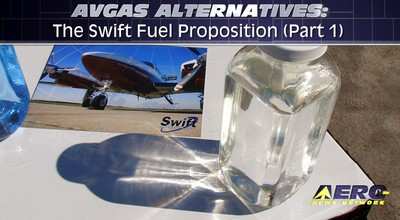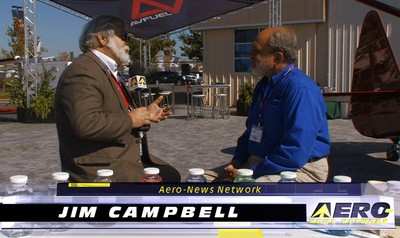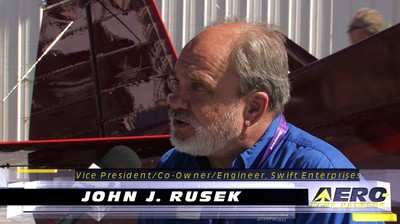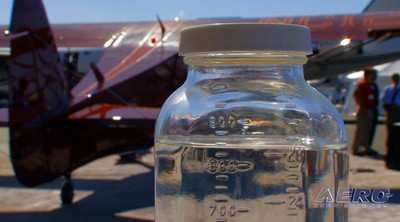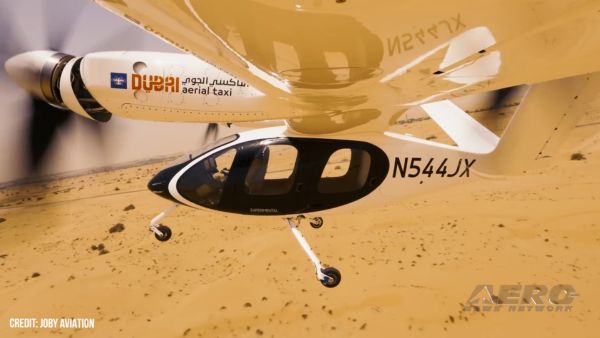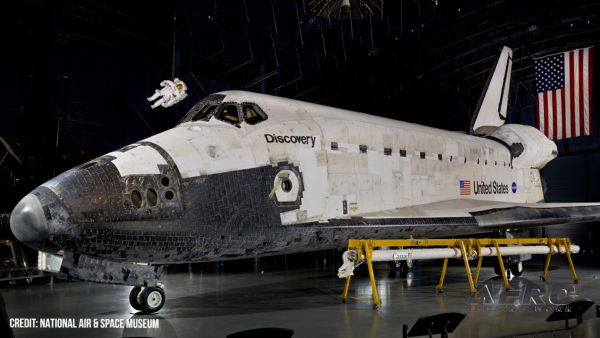Tue, Apr 12, 2011
Advertisement
More News
 Airborne 07.02.25: TikToker Arrested, Vietnam A/L Ground Hit, ATC Modernization
Airborne 07.02.25: TikToker Arrested, Vietnam A/L Ground Hit, ATC Modernization
Also: Outlaw Prop 4 Mooney, Ready 4 Duty, Ukrainian F-16 Pilot Lost, Blue Origin Flt On his journey to become the first pilot to land solo on all seven continents, 19-year-old Etha>[...]
 Airborne Affordable Flyers 07.03.25: Sonex HW, BlackShape Gabriel, PRA Fly-In 25
Airborne Affordable Flyers 07.03.25: Sonex HW, BlackShape Gabriel, PRA Fly-In 25
Also: DarkAero Update, Electric Aircraft Symposium, Updated Instructor Guide, OSH Homebuilts Celebrate The long-awaited Sonex High Wing prototype has flown... the Sonex gang tells >[...]
 ANN's Daily Aero-Term (07.07.25): Discrete Code
ANN's Daily Aero-Term (07.07.25): Discrete Code
Discrete Code As used in the Air Traffic Control Radar Beacon System (ATCRBS), any one of the 4096 selectable Mode 3/A aircraft transponder codes except those ending in zero zero; >[...]
 Classic Aero-TV: DeltaHawk Aero Engine Defies Convention
Classic Aero-TV: DeltaHawk Aero Engine Defies Convention
From 2023 (YouTube Edition): Deviation from the Historical Mean Racine, Wisconsin-based DeltaHawk is a privately-held manufacturer of reciprocating engines for aircraft and hybrid >[...]
 ANN's Daily Aero-Linx (07.07.25)
ANN's Daily Aero-Linx (07.07.25)
Aero Linx: Formation and Safety Team (F.A.S.T.), USA The Formation and Safety Team (FAST) is a worldwide, educational organization dedicated to teaching safe formation flying in Wa>[...]
blog comments powered by Disqus

